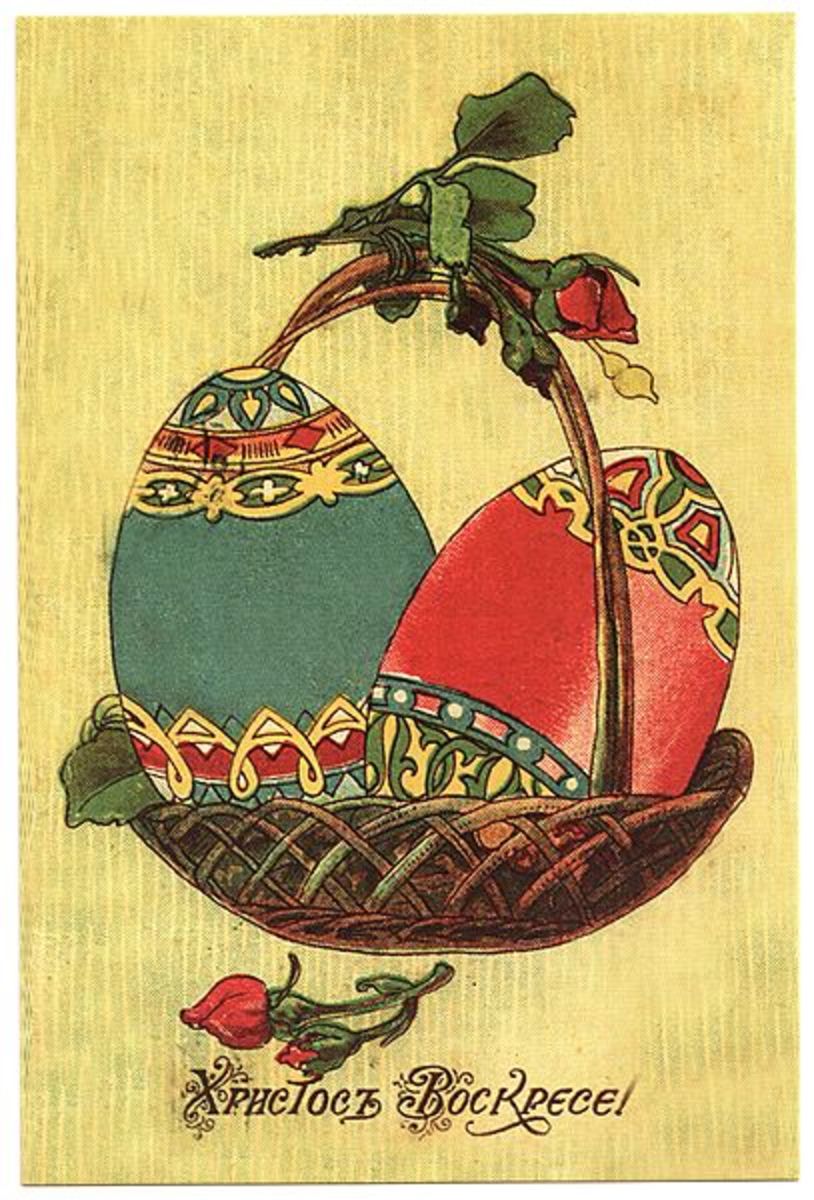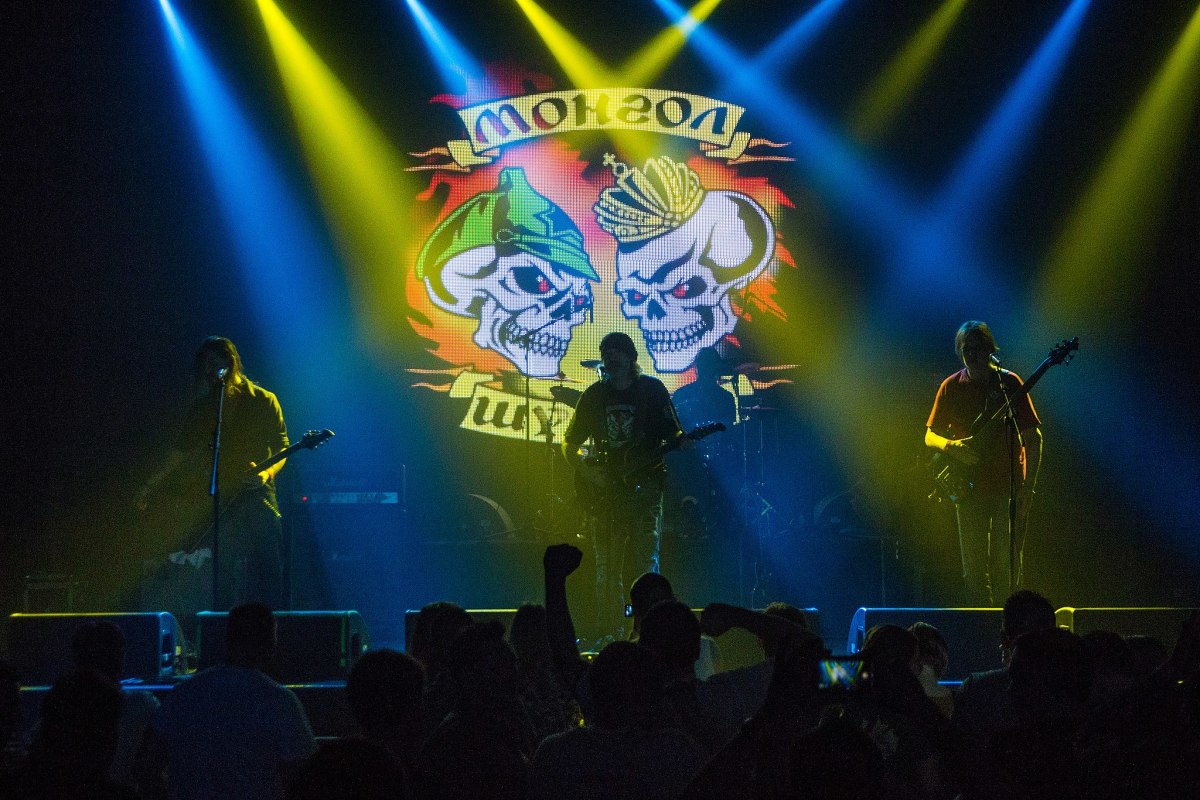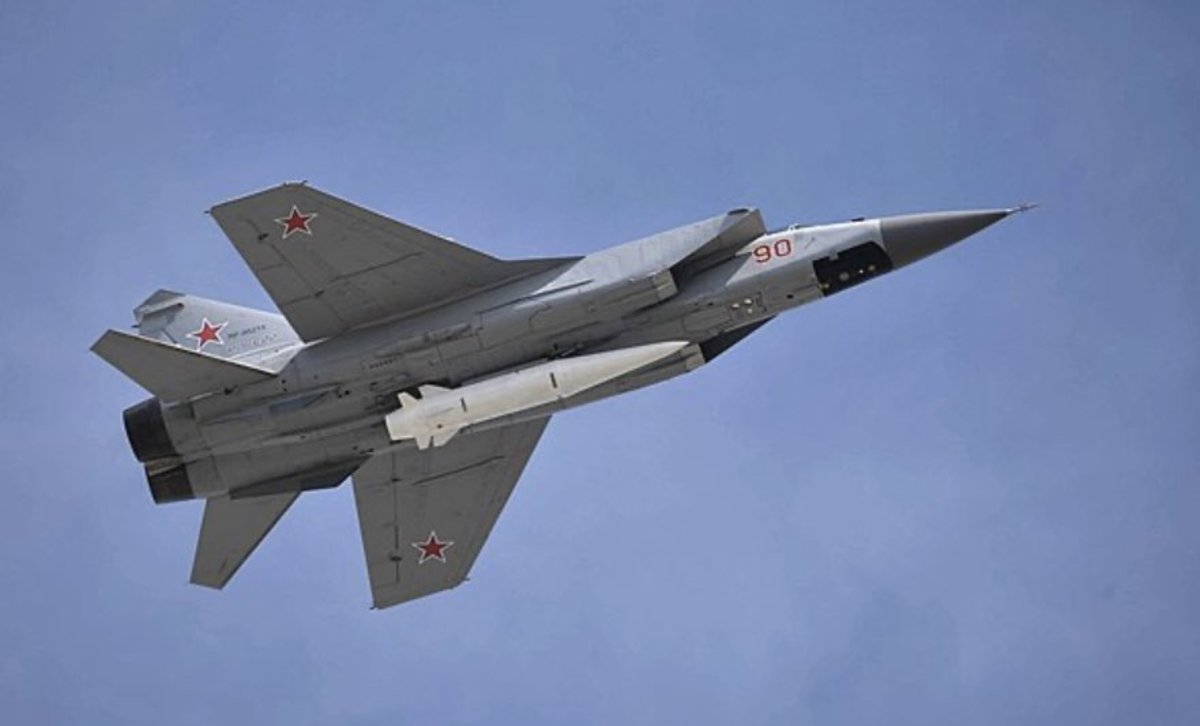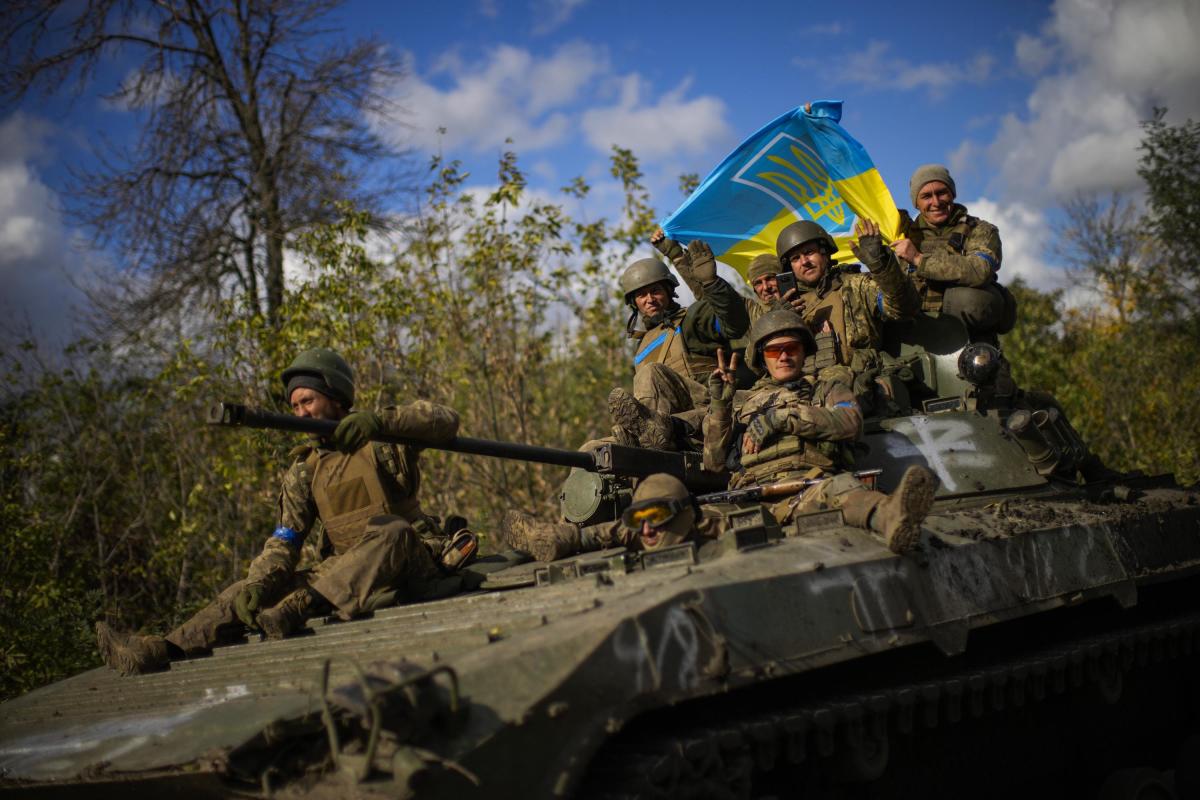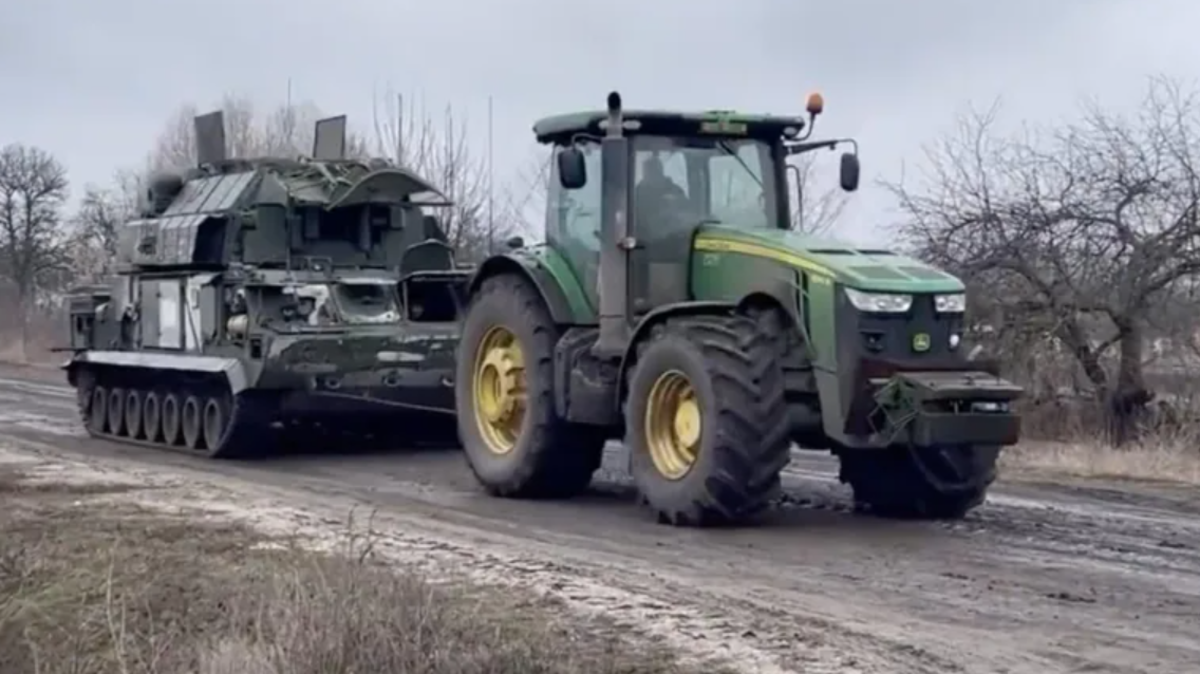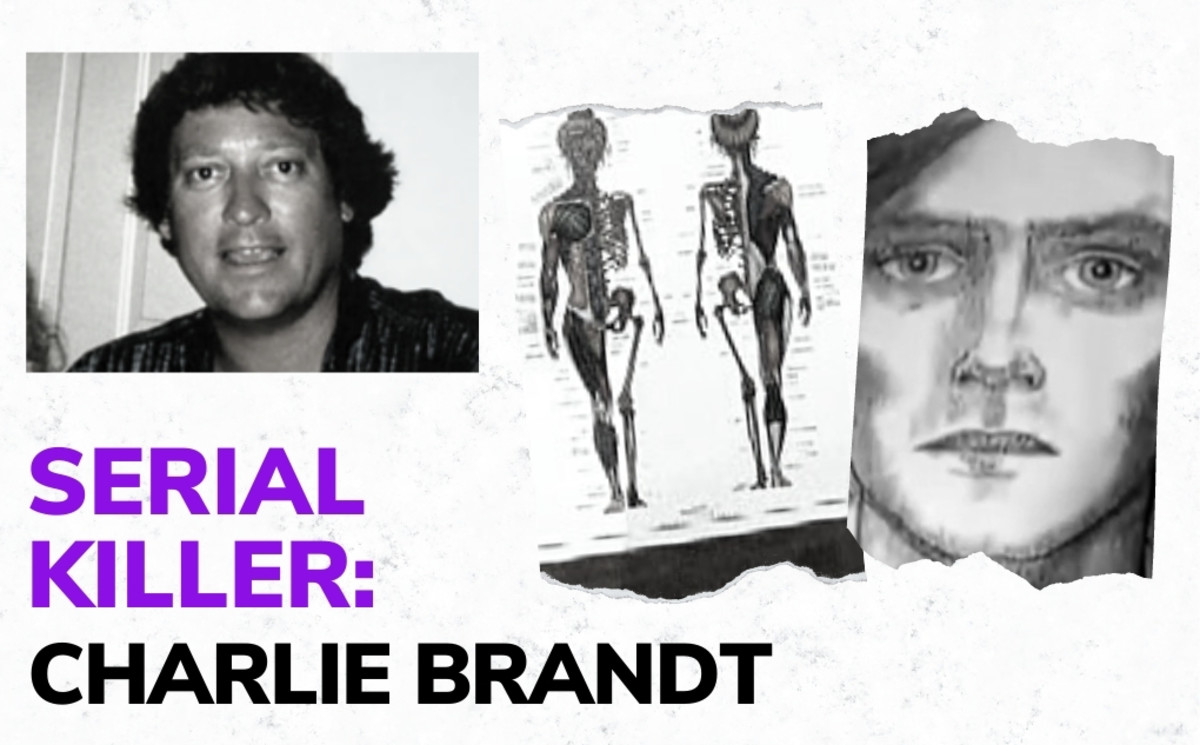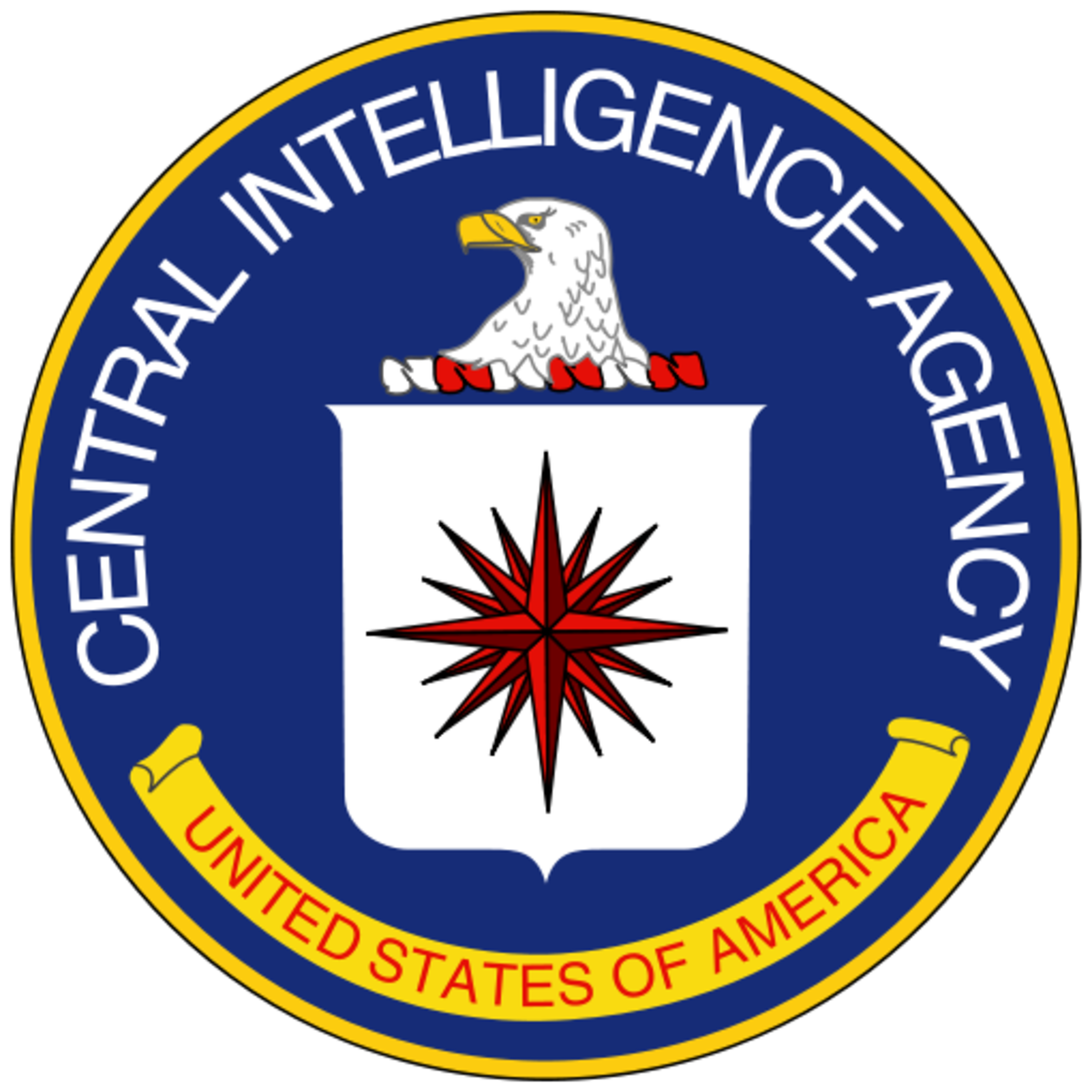Novorossiya, Nowhere to Hide - Stalemate in Ukraine
People Waiting to Vote at Referendum at Donetsk
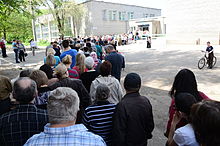
Two Eastern Ukrainian Oblasts (regions), Donetsk and Luhansk, rebelled against the Ukrainian government and went their own way in May 2014. Having a predominantly Russian-speaking population (about 90%) and a common border with Russia, these Oblasts proclaimed themselves People's Republics. On the basis of two separate referendums held in Donetsk and Luhansk on 11 May, against the writ of the government in Kyiv, they seceded from Ukraine, merged together and declared formation of the Federal State of Novorossiya, owing allegiance to the Russian Federation. This was not easy.This act of rebellion was with the backing and military support of Russia which sent its troops across the border to help the formation of the new State and bolster its nascent regime in the face of a military crackdown by Kyiv.
Referendum at Luhansk
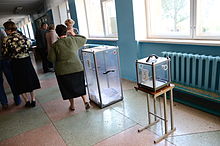
Disconnect of the East with the Centre
The Russian-speaking people of Ukraine had always nursed a grievance against successive governments of the country ever since the breakaway Ukrainian Soviet Socialist Republic had become an independent country in August 1991. They were never happy with the perceived attempts of successive governments at Kyiv to promote the Ukrainian language which is the sole official language of the country and the consequent neglect of Russian, contrary to the guarantees enshrined in the country's Constitution and despite stiff opposition from the Russian-speaking people of eastern and southern regions. The Constitution of Ukraine guarantees the development, use and protection of Russian and other minority languages spoken in the country (Crimean Tatar, Krymchak, Karaim and Urum). In practice, however, the resurgence of Ukrainian nationalism following the country's independence from the yoke of the erstwhile USSR (after over 70 years) and the consequent ascendancy of the Ukrainian language, entailed the relegation of the Russian language to a secondary position and an increasingly growing feeling of alienation among the Russian-speaking segment of the population. The Russian-speaking minority also looked askance at the Ukrainian government for its Western-orientation and fixation for admission to the European Union as well as NATO despite a lack of support from the Russian-leaning eastern and southern regions. These people had always looked up to Russia and drifted more and more from the mainstream Ukrainian politics, inspite of the prickly relations between Ukraine and Russia.
Euromaidan
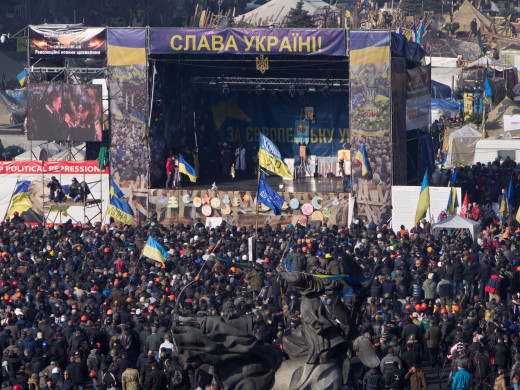
Run-Up To Secession
Viktor Yanukovych, a politician from the Donetsk Oblast with blatant leaning to Russia, was President for four years from February 2010. A staunch and unabashed supporter of Russia, he was against Ukraine's integration with the EU and joining of NATO. He spoke of Ukraine being a 'neutral country' with good relations with the EU as well as Russia. He refused to sign an association agreement with the EU. A massive political movement known as Euromaidan, was organised by all parties and people against Yanukovych. The movement demanded closer ties with the European Union and the ousting of Yanukovych. Ukrainian special security units tried in vain to crush the movement. The movement grew up to become a full-fledged revolution which led to the eventual ouster of Yanukovych in February 2014. The revolution was not supported by the people of eastern and southern parts, which were the traditional bases of support for Yanukovych and his 'Party of Regions,' who wanted closer ties with Russia. Several counter-demonstrations in protest to the Euromaidan demonstrations were held in Crimea, for leaving Ukraine and joining the Federation. The government of Kyiv tried to put down the dissent without success. These developments led to the Crimean crisis of 2014.
Vladimir Putin and Viktor Yanukovych
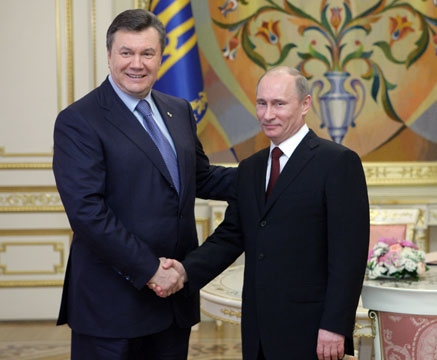
Exit Yanukovych, Enter Russian Troops
There had been much discontent between President Yanukovych and Opposition leaders regarding restoration of the Constitution to its status of 2004 which had tipped the balance of the country's political system to parliamentary system as against the then-prevailing semi-Presidential system. The country witnessed a lot of protests over the issue. On 21 February 2014, an historic agreement brokered by the EU was signed between the President and the Opposition leaders. The agreement provided, among other things, for the formation of a coalition government and calling of early elections. The very next day after the signing of the agreement, the Ukrainian parliament voted for the dismissal of Viktor Yanukovych who promptly fled the country and took asylum in Russia.
This was, for the people of Donetsk and Luhansk, the most opportune moment for severing relations with the corrupt and inept Ukrainian leadership and restoring their umbilical ties with Russia. And Russia seized the moment to assert its role as the saviour and protector of the Russian-speaking people across the border!
Novorossiya, Unrecognised
Russian President Vladimir Putin referred to territories in east Ukraine (Donetsk, Luhansk, Kharkiv and Odessa) as Novorossiya, or "New Russia," and asserted Russian ties with the area. According to him, these areas had not been parts of Ukraine in the Czarist times, but were subsequently transferred to Ukraine; the people of Russian origin had continued to stay there. He also spoke about the need to encourage those people to find a solution. From a historical perspective, Novorossiya refers to an area north of the Black Sea that was gradually conquered by Russia in the late 18th century through peace treaties with the Cossack Hetmanate and the Ottoman Empire. In 1922 it was made part of the Ukrainian Soviet Socialist Republic which, in turn, was a part of the erstwhile Soviet Union. By proclaiming themselves as the Federal State of Novorossiya, Donetsk and Luhansk have put the clock back on history by redrawing the map of the region to the pre-1922 period!
The area of Novorossiya is still internationally considered as sovereign territory of the Ukrainian state. No country has recognized the claim of Donetsk and Luhansk to independence, other than South Ossetia, a breakaway part of Georgia and which, itself, has very limited, and disputed, recognition.
Missiles Flying Thick and Fast
A Malaysian Airlines passenger flight was shot down while flying over a Donetsk village 50 kms from the Ukraine-Russia border on 17 July 2014, killing all 298 persons aboard. From available evidence, the separatists of the Donetsk region, fighting the government at Kyiv had apparently fired a Buk missile, mistaking the ill-fated flight for an Ukrainian aircraft. The militant separatists, it is widely believed, are not capable of firing a surface-to-air Buk missile to hit the aircraft flying at an altitude of 10,000 metres, without the training of and unaided by the Russian military. Ukraine has blamed the separatists and Russia for the shooting down, while Russia holds Ukraine responsible for the disaster which happened in the latter's territory. An investigation into the crash by international experts, led by Dutch authorities, has been under way.
On 23 July, in an unrelated incident, two Ukrainian military jets were hit by missiles at the altitude of 5,200 metres close to the area of the Malaysian airliner crash. According to the Ukraine Security Council, preliminary information indicated that the missiles had been fired from Russia. Ukrainian authorities claimed that the separatists had shot down about a dozen Ukrainian aircrafts during the past several months.
Stalemate
The Ukrainian government has vowed to beat the separatists and take control of the breakaway regions. In the meantime, the separatist forces are surrounded by Ukrainian forces. Aleksandr Zakharchenko, Prime Minister of the rebel State, has appealed for a ceasefire to avoid a "human catastrophe." There had been no immediate response from the Ukrainian government. Russia has repeatedly asked for a humanitarian mission into eastern Ukraine. Kyiv, however, suspects that the request is a ploy for re-mobilising the insurgents
for mounting a fresh assault on the government troops. Western sources estimate that about 20,000 Russian troops are waiting at the border, prepared to enter eastern Ukraine. The Ukrainian government has, on its part, categorically stated that it would allow humanitarian aid into the breakaway regions only with the express approval of Kyiv and, even then, when the aid is channeled through Kyiv. In the meanwhile, the stalemate continues; the insurgents, who had run away from Ukraine have nowhere to hide, but live to fight another day and Ukraine hopes it is only a matter of time before it reclaims the rogue state which could not carry on much longer without international recognition and support.
© 2014 Kalyanaraman Raman

